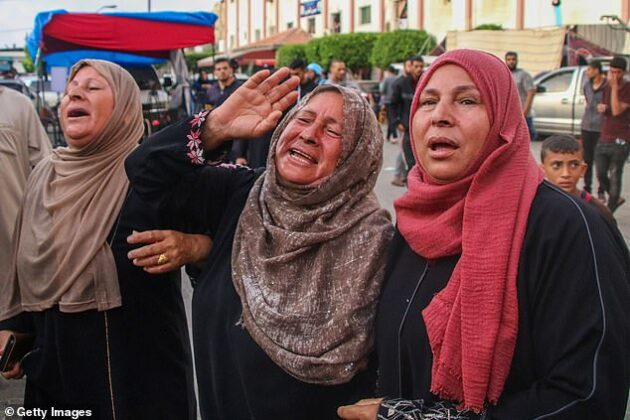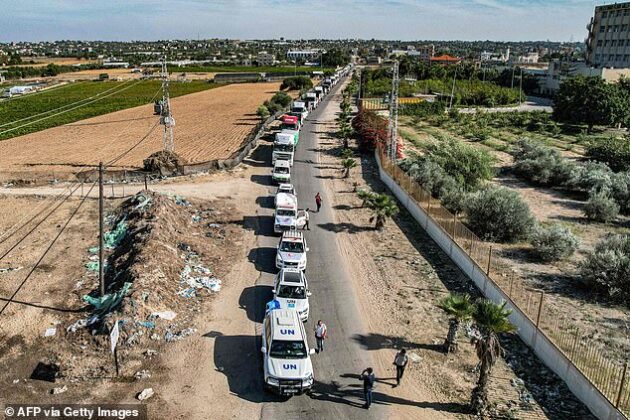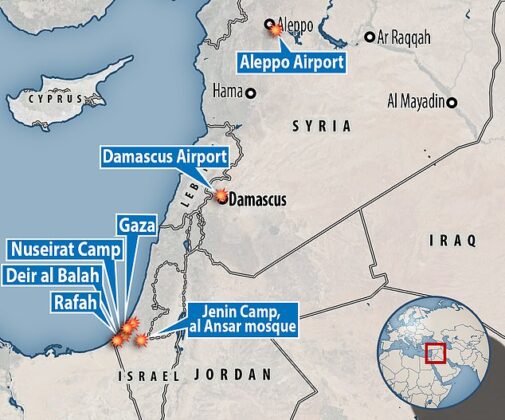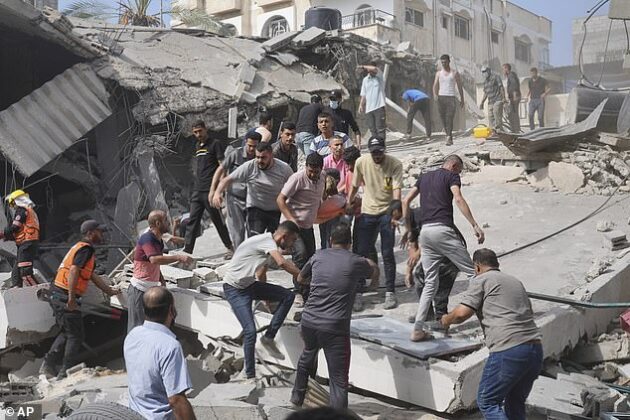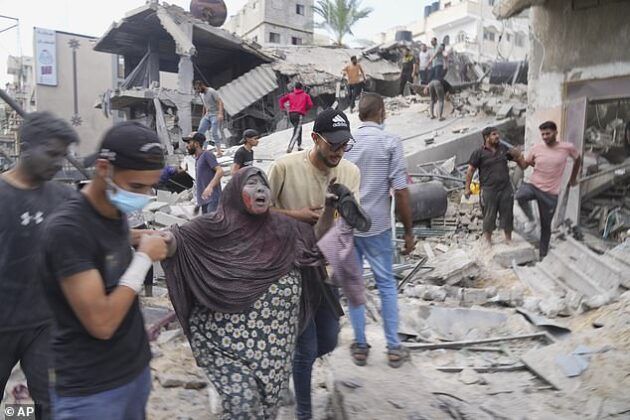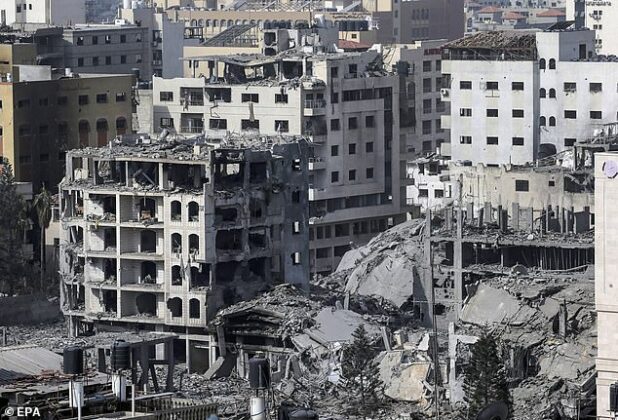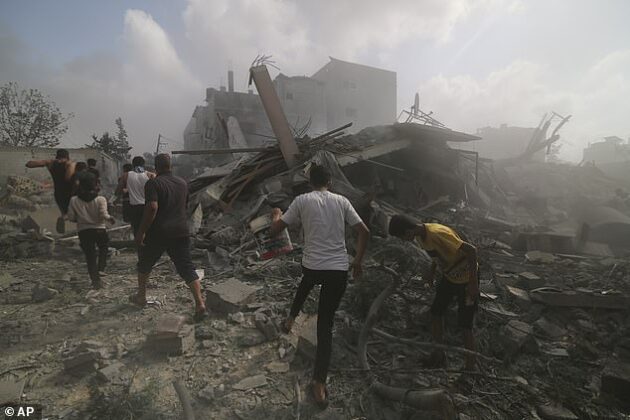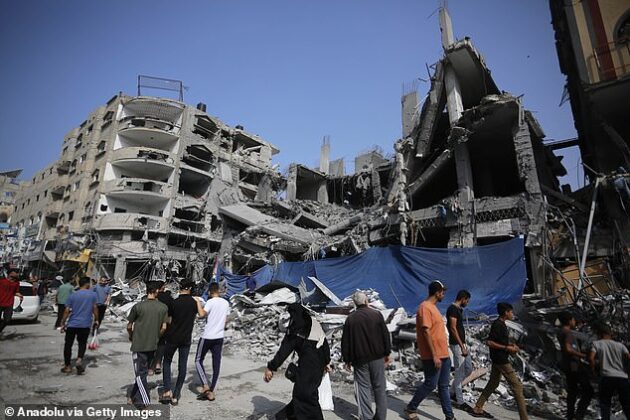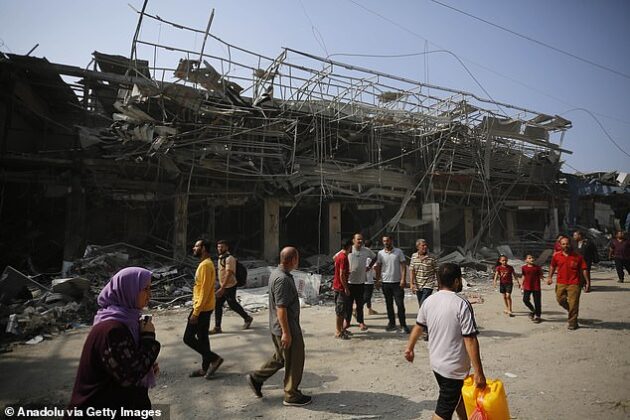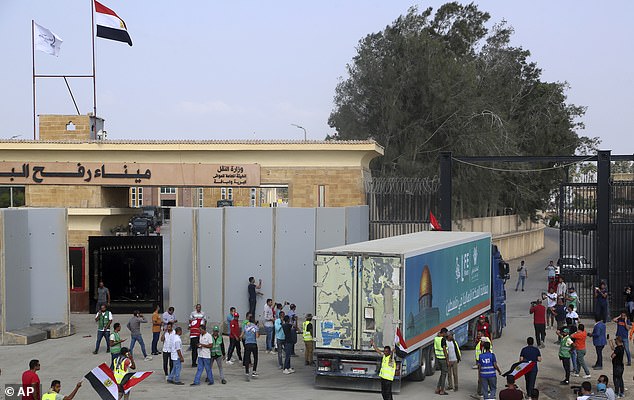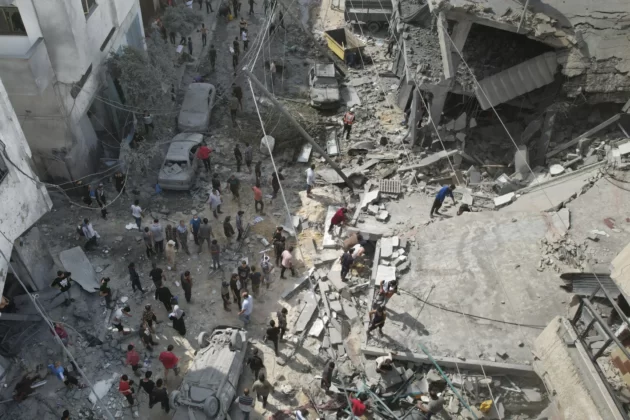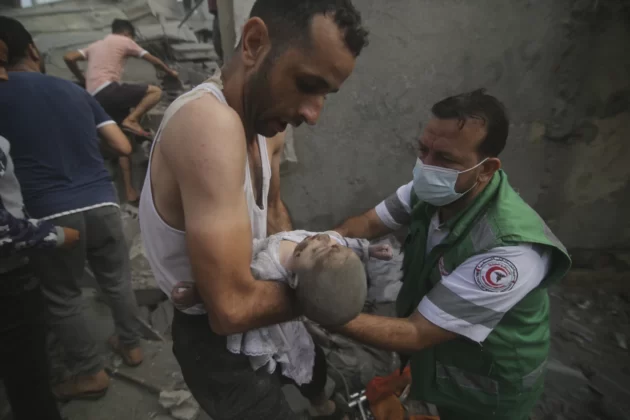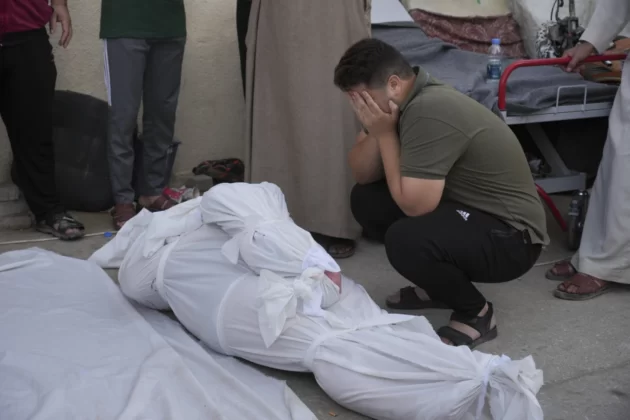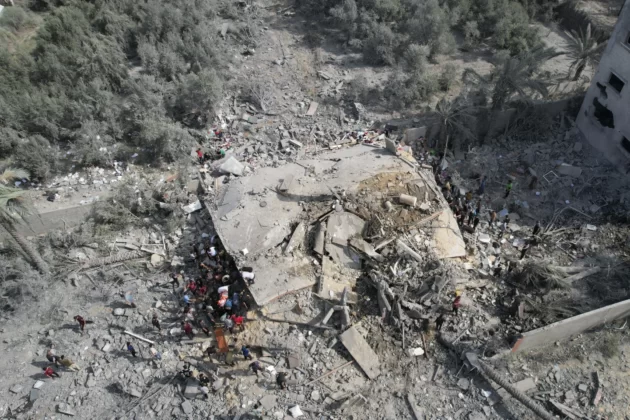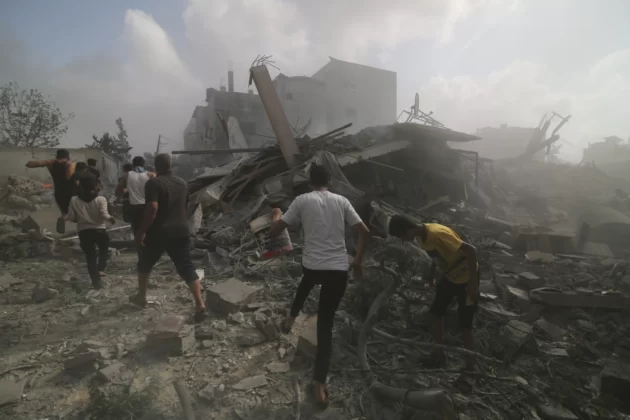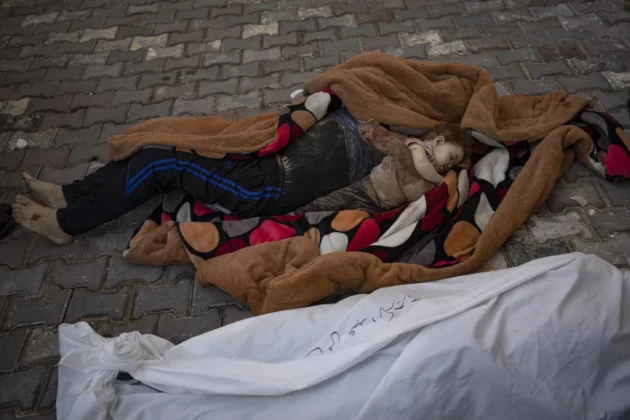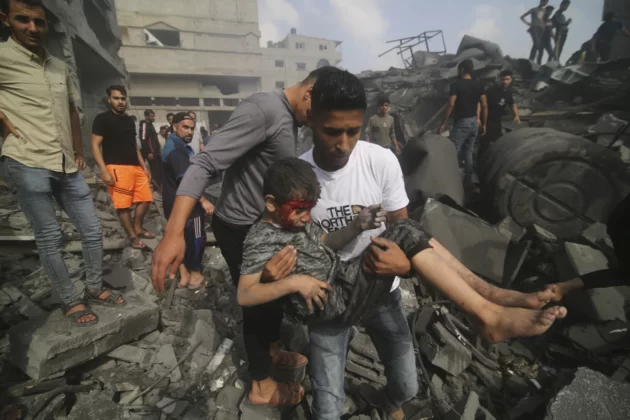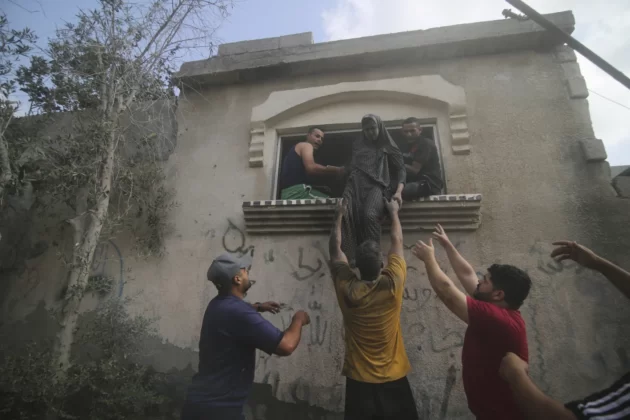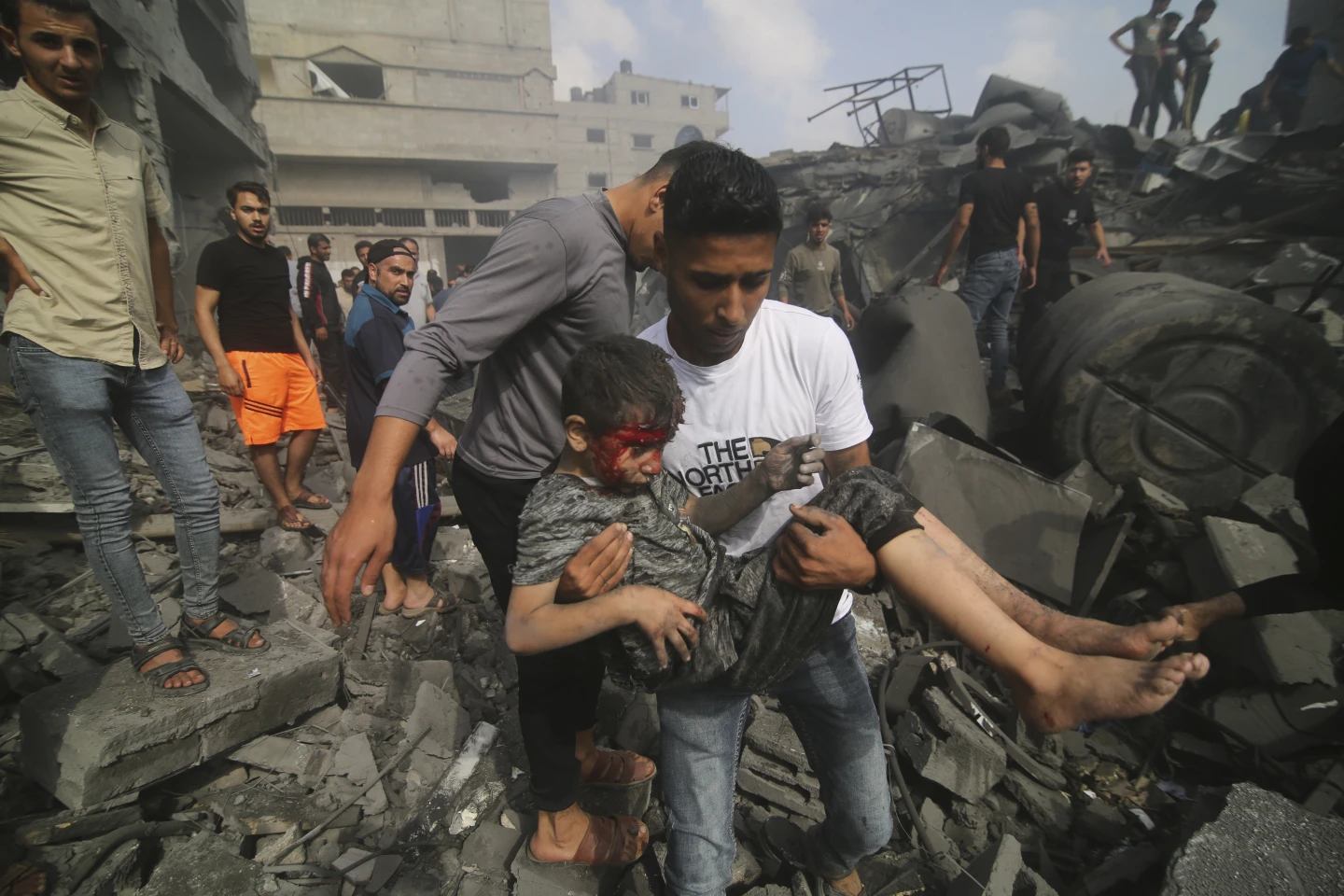
Fears that the Israel-Hamas war could mushroom into wider Middle East conflict rose on Sunday with Washington warning of a significant risk to U.S. interests in the region as ally Israel pounded Gaza and clashes on its border with Lebanon intensified.
Gaza’s Health Ministry said 266 Palestinians, including 117 children, had been killed by Israeli air strikes in the past 24 hours in the enclave, to which Israel laid “total siege” after a deadly mass infiltration into Israel by Hamas gunmen on Oct. 7.
In neighbouring Syria – where Hamas’s main regional backer Iran has a military presence – Israeli missiles hit Damascus and Aleppo international airports early on Sunday, putting both out of service and killing two workers, Syrian state media said.
Along Israel’s northern border with Lebanon, the Iran-backed Hezbollah group has clashed with Israeli forces in support of Hamas in the deadliest escalation of frontier violence since an Israel-Hezbollah war in 2006.
Hezbollah said four fighters were killed in heavy exchanges of fire on Sunday and another died of wounds sustained earlier, raising to 24 the number of its members killed since Oct. 7.
Lebanese security sources said 11 fighters with Palestinian militant groups in Lebanon had also been killed in the volatile border region, alongside four civilians. At least five Israeli soldiers and one civilian have been killed on Israel’s side of the frontier, according to Israeli military reports.
With violence around its heavily guarded borders increasing, Israel on Sunday added 14 communities close to Lebanon and Syria to its evacuation contingency plan in the north of the country.
U.S. Defense Secretary Lloyd Austin said on Saturday that Washington would send more military assets to the Middle East in support of Israel and strengthen the U.S. defence posture in the region after “recent escalations by Iran and its proxy forces” – a reference to Hezbollah, Palestinian and other militants.
Austin told ABC’s “This Week” program on Sunday: “We’re concerned about potential escalation. In fact, what we’re seeing … is the prospect of a significant escalation of attacks on our troops and our people throughout the region.
“If any group or any country is looking to widen this conflict and take advantage of this very unfortunate situation … our advice is: don’t,” he added.
Washington has deployed a significant amount of naval power to the Middle East of late, including two aircraft carriers, support ships and about 2,000 Marines, to help deter attacks by Iran-affiliated forces that could inflame the wider region.
Austin said a Terminal High Altitude Area Defense (THAAD) system and extra Patriot air defence missile system battalions will be sent to the region and more troops put on standby.
Iranian security officials told Reuters Iran’s strategy was for Middle East proxies like Hezbollah to pursue limited strikes on Israeli and U.S. targets but avoid a major escalation that would drawn in Tehran, a high-wire act for the Islamic Republic.

